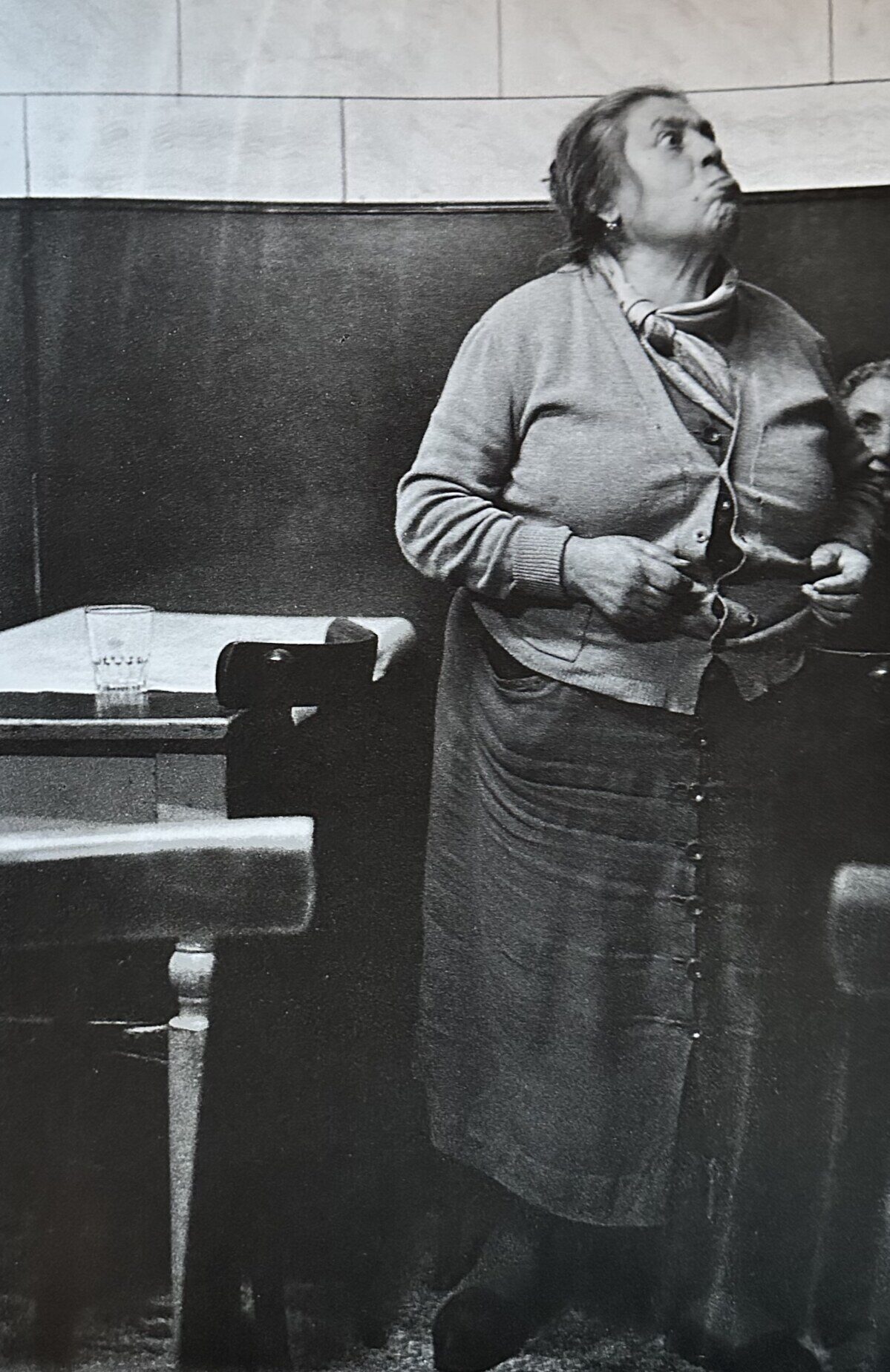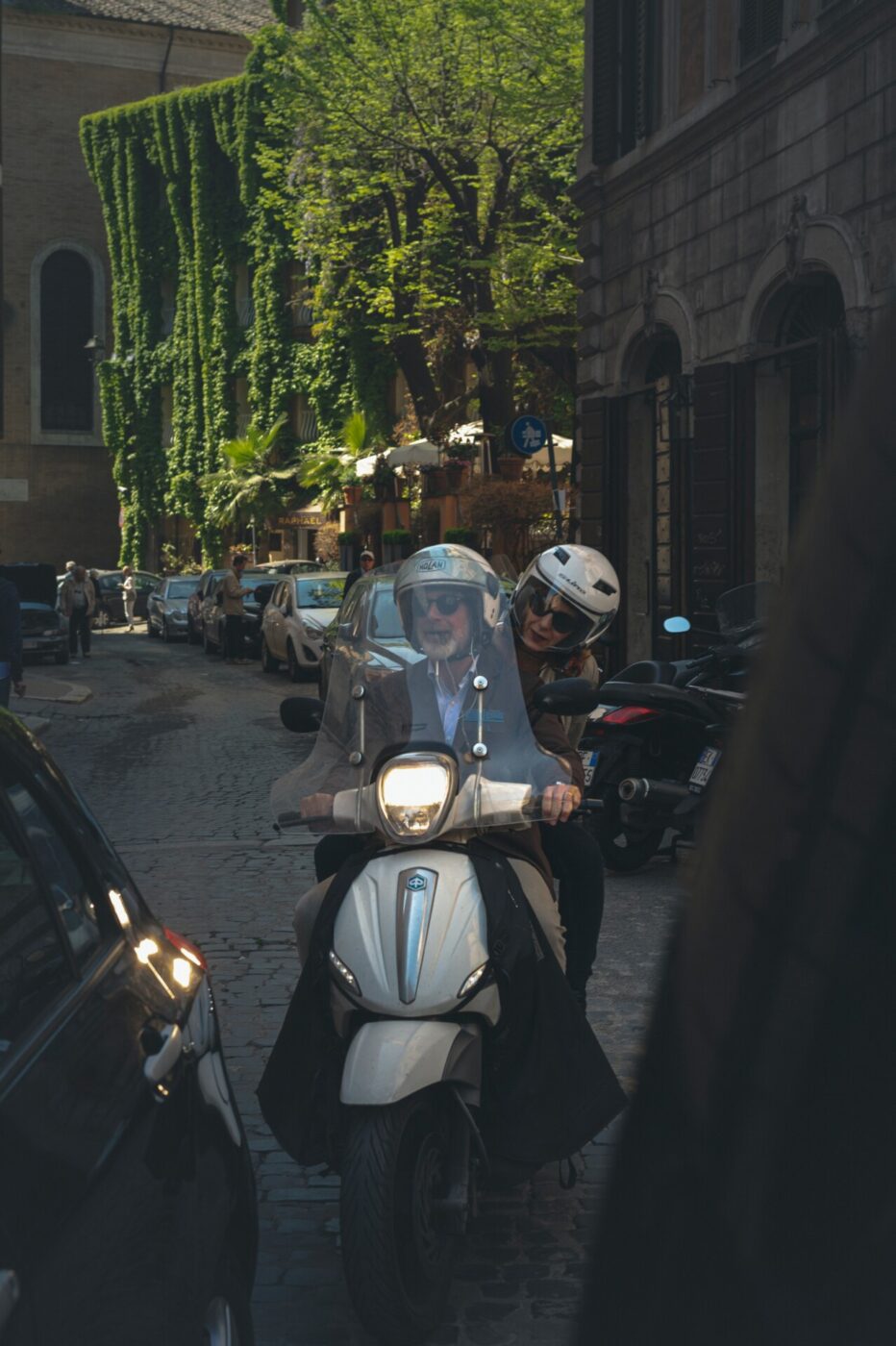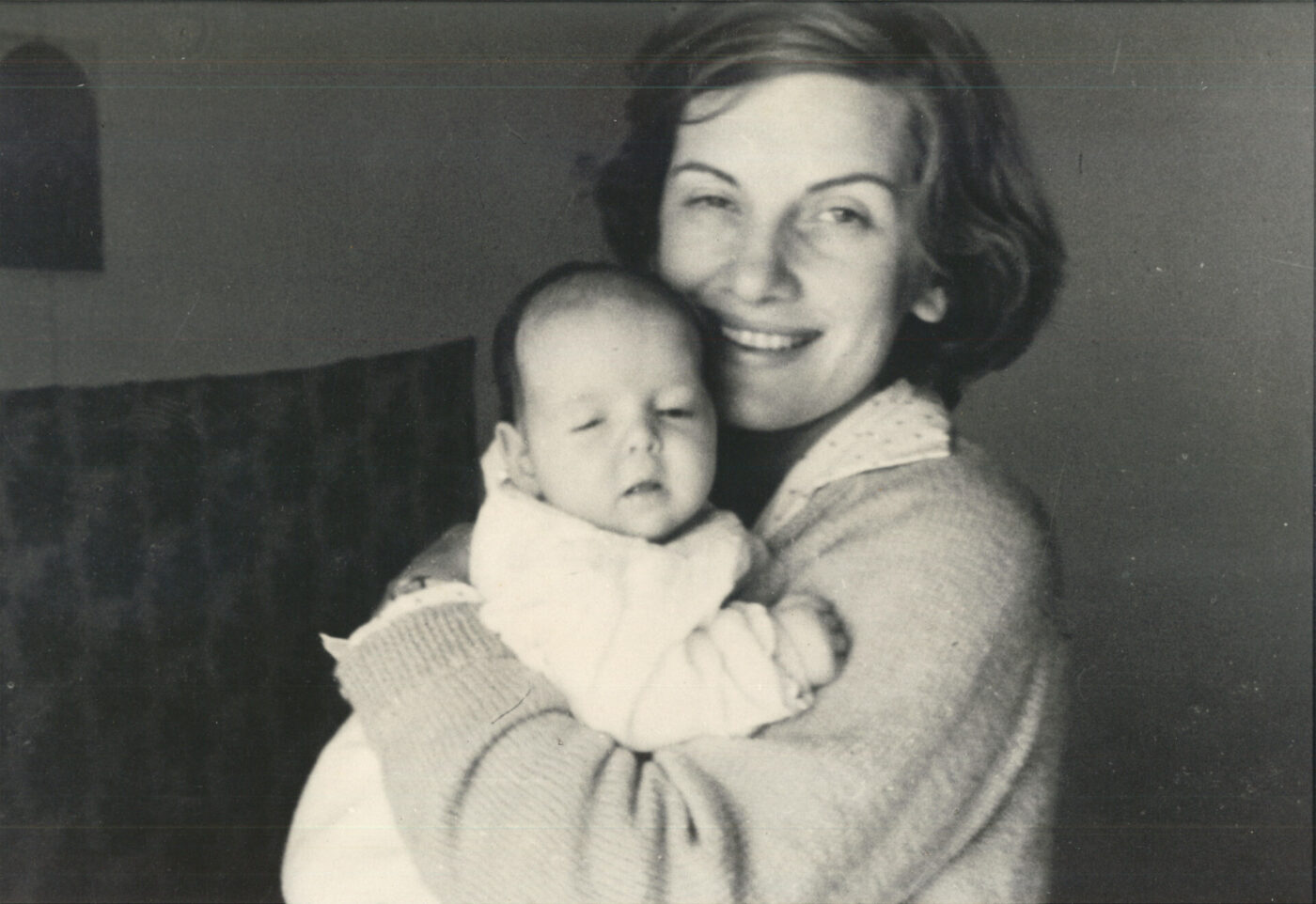FOOD
Never mess with a hangry Italian. Or even bring up a messy topic before a meal. Here in Italy, everyone knows that you should never talk about complex subjects before eating: instead, save your debates and hot takes for the table. Once an Italian has filled their stomach, the sugar will make its way to their brain, allowing them to finally form well-conceived ideas and opinions. Now is a good time to raise your points, and one of the best ways to elevate our heart rates and pump our blood is to start one of Italy’s greatest food debates. We could spend hours arguing over who invented tortellini, whether you’re team Neapolitan or Roman pizza (you can’t like both!), or whether that fried rice ball is an arancino or an arancina.
Plus, we all know the easiest and most universally-known way to work up an Italian: debauch their recipes. Criminal offenses include: pineapple on pizza, cappuccino after lunch, cream in carbonara, cream in cacio e pepe, cream in fettuccine alfredo.

FOOTBALL
Anyone in Italy on July 11th, 2021 knows how much Italians care about football. Just before midnight on that very day, Italy won the European Championship on penalties, and the entire country exploded. The streets teemed with cheering fans waving oversized flags; throwing red, white and green smoke bombs; riding atop the shoulders of their friend driving a vespa; jumping atop cars (a member of our team may or may not have dented the roof of someone’s vehicle).
In Italy, team loyalties are cross-generational, passed down from one football-loving relative to the next, and, as such, can become deeply ingrained in personal identity. Friendships can be formed and/or broken over clubs of choice. (We’ve never known a Roma fan and a Lazio fan to be chummy.) If you want to see for yourself how football can both unite and divide this country, head to a derby (a match of rival teams) and be warned: it can get ugly. Fascinatingly, these rivalries can also run on broader socioeconomic lines–as in the case of Turin’s two home teams. Juventus is a decorated, elite club with a global fanbase, while Torino is a less-championed, working-class club, whose followers take immense pride in the fact that the team is named after their city: these differences are strongly felt by supporters.
(We’re too terrified to mention Italy’s absence from the most recent World Cup.)

BUREAUCRACY
It’s quite literally impossible to get anything done in this country without jumping through hoops upon hoops of bureaucracy. And the stats prove it: the Organisation for Economic Co-operation and Development ranked Italy’s bureaucracy the third worst in the world. According to the report, if Italy’s administration had the same efficiency as Germany’s between 2009 and 2018, our country’s GDP would be higher by 70 billion euros.
Anyone who’s attempted to get a visa, tessera sanitaria or carta d’identita; open a company; buy a house or start restorations knows exactly what we’re talking about. Bureaucracy here invades every aspect of life… and our sanities. It makes no sense that only one kiosk is open at the Poste at prime time on Friday and it takes 2.5 hours to send a package. It makes no sense that our friends can’t move into their new house for another three months because the height of the living room ceiling was off by three centimeters in the contract. It makes no sense that each and every form requires 5,673 steps (don’t get us started on notarization), 456 government officials and 10,342 hours. In Italy, bureaucracy is a game of hot potato: nobody in administration wants to take responsibility (or time) for authorizations, etc… even though it’s quite literally their job. And the worst part is that the red tape of this system trickles down into the rest of the country, affecting local businesses, creative ambition and young Italians desire to actually stay in this country.
We Italians can also be our own worst enemies here. We get worked up when it seems like nothing works in Italy, but we’re also happy, say, to take two hour lunch breaks or pay in cash to get a discount. As Luigi Barzini asks, “Why are the stones so great, better than the rest, but the wall is so fragile and inconsistent?” It’s a question that torments us–and was tormenting Machiavelli 400 years ago.
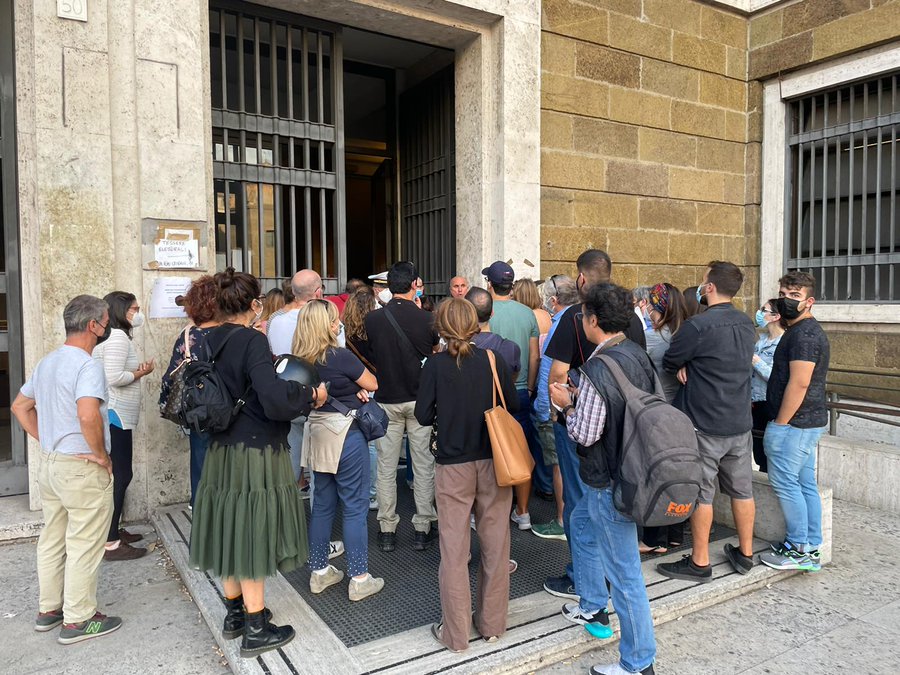
TRAFFIC
In Italy, everybody drives like animals and hates everyone else for driving like animals… and we’re not afraid to say it. On the road, our vocabulary gets particularly creative: f*** p***, c**o and c****e are all expletives that might be hurled at you after cutting someone off or running through a stop sign (the most sanctioned infringement in Italy). Though the city streets, especially somewhere like Naples or Rome, can be a disorganized chaos of bumper-to-bumper traffic, narrow alleyways, mopeds and “one-way streets”, they pale in comparison to the rotonda (roundabout), which, here in Italy, can often be composed of more than four lanes. It’s impossible to make it to the other side of these maelstroms without being scathed–physically or emotionally.
Italians will also fight to the death for parking spots, using all flavors of machinations to get a prime location. Those with Vespas may park the scooter sideways, stealing the space for when they need to come back with their cars. Others might set up their parents, babies and pets in an open spot–there to wait for as long as it takes to return with the car. Of course, there are many other traffic-related violations that provoke us, but the bottom line is that poor conduct in/with/around a car is a sure fire way to get us fuming. Now, if all goes well on your vehicle adventures, you might get away with just pulled-up windshield wipers (the equivalent of the middle finger in lingo). You’re lucky you missed the key!
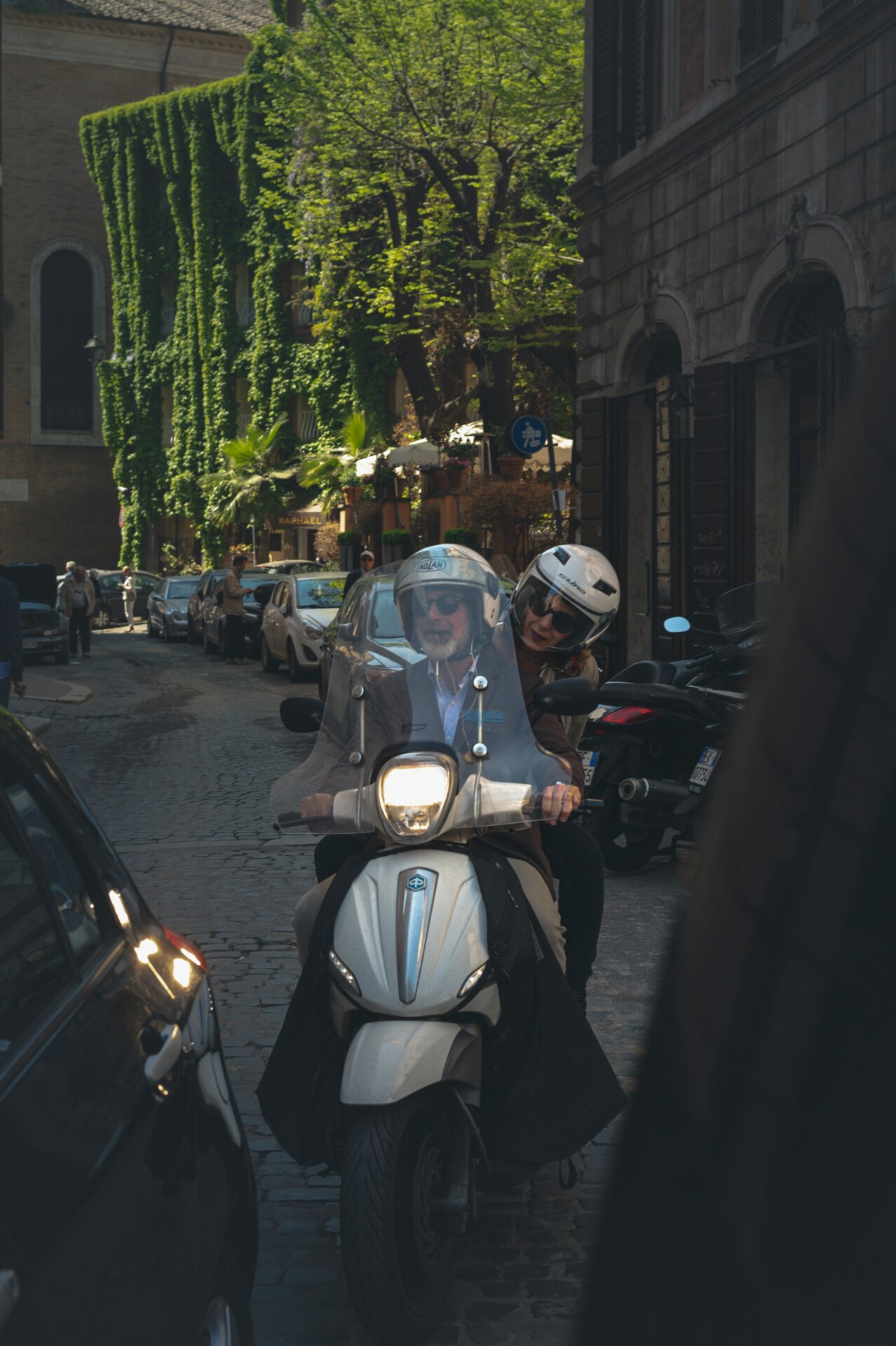
MOTHERS
Don’t get us wrong, we’re obsessed with our mothers. But that’s exactly why they drive us insane. If mothers know best, then Italian mothers know even better… and this is infuriating (can’t we be right sometimes too?). Italian mothers have a very strong sense of what should be done and what shouldn’t be done. You should always wear a scarf to avoid the dreaded colpo d’aria. You should always have a midday merenda. You should always dress in a way that, if you were to end up on the front page of the newspaper the next morning, you’d be happy. You should always sit for dinner with your family, be respectful to the elderly, and use the verbs forms of lei. These are principles that Italian mothers are not afraid to strong arm upon you from day one until you’re probably too old for her to be telling you what you should eat for dinner. Unlike children in other parts of the world, we never really fly the coop (the average age at which young Italians move out of their parents’ house is 30.1). We tend to go to universities close to home and to not look for jobs too far away either. As a result, we often end up quite dependent on our matriarchs: there’s a reason, after all, we’ve gained the reputation of being dei mammoni. Protective, but also pushy, Italian mothers know you inside and out and, with the utmost precision, can push your buttons no matter how big or small.

